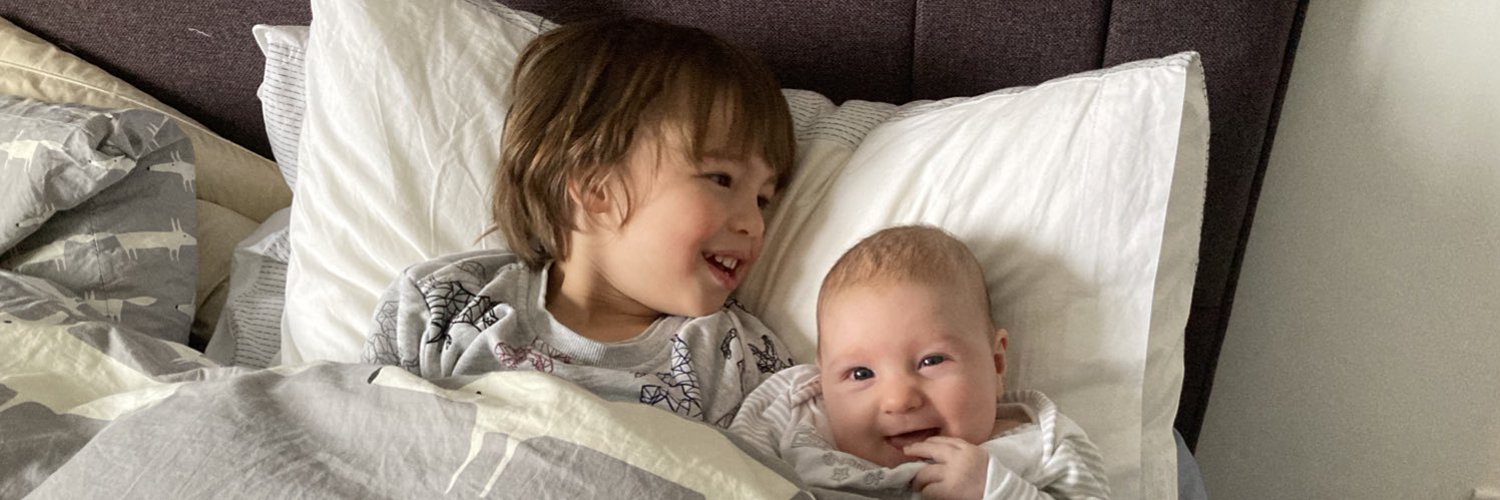Setting out a qualitative approach
- What difference to mental/physical health does respite care (defined as a short break of 7-10 days) make to adult unpaid/family carers looking after an adult full-time at home?
A qualitative method will be adopted to explore this research question. I am planning on taking an interpretivist perspective to gather evidence of carers understanding, experience and perceptions of respite.
Data will be collected through a series of one-to-one interviews from a purposive sample of adult unpaid/family carers who look after an adult full-time at home and live in Scotland. To be included carers must be currently providing care and have received a short break from their fulltime caring role for a 7-10 day period in the previous 12 months. Participants will be approached via an organization that provides short breaks of 7-10 days for people with neurological conditions resulting in respite for the carer. One-to-one interviews are appropriate as carers often experience their caring role in isolation from others, and may have sensitive and personal opinions, experiences and issues they wish to share individually. Interviews will be carried out in a place convenient to the carer and where possible reflecting methodological naturalism. Interviews will be recorded and transcribed by me, the researcher. A semi-structured approach to interviews will be taken with a topic guide containing open ended questions, which will allow for a range of experiences and issues to be explored from the perspective of the carer. It will also allow carers to raise issues beyond the initial scope of the questions potentially capturing important data not previously considered. Carers will also be asked to provide demographic details, basic details of their caring role and demographic details of the person(s) they are caring for including their disease or condition, and how long they have been caring for. Details about how often they access a short break will also be recorded.
I plan to carry out a thematic analysis of the data. Analysis will include generating codes from the data, before grouping codes into clear themes and any sub-themes.
I will also be reflexive throughout the research project to inform an iterative approach, reflecting on interviews and adjusting questions and lines of inquiry ahead of new interviews. I will also reflect on any potential biases I bring to the project and try to mitigate them.
I expect the outcomes of this research to explore what respite means for carers and capture the impact that respite can have on their physical and mental health. The existing literature suggests that carers may highlight improvements in physical and mental health which allows them to continue in their caring role. However, the research also suggests that feelings of guilt, insecurity and worry over their roles as carers and their concerns for the cared for person may also emerge which may counter any perceived benefits.




Thank you, Richard, for sharing the detailed description of your research design and methods. It is great to see your evolving research methodology, including such important aspects as data collection and analysis. Following up on your last paragraph in this blog about the existing literature, it would also be helpful at this stage to reiterate what is the contribution of your study? Are there any gaps in the literature that your study aims to address? Or are there new aspects that this study aims to explore? Also, have you considered the feasibility of conducting these interviews online in case of changing regulations related to Covid-19?
Evgeniya.
Hi Evgeniya, thank you for this and all your comments previously – they have been really helpful. I have also been speaking with colleagues about my methodology and research question and have refined it a bit as a result and was wondering what you thought to this?
– What does the experience of an organised short break (7-10 days) from caring have on unpaid family carers who look after an adult full-time at home?
Thank you, Richard. I am happy to hear that my comments are helpful. Regarding your revised research question, I think it sounds better, but I guess the word ‘impact’ is missing?
Also, I wonder if, for the qualitative research design, the following version is more appropriate as it is a bit more open-ended; and gives you some scope to discover and explore the issues from the perspective of your research participants.
What are the experiences and perceptions of organised short breaks (7-10 days) from caring by unpaid family carers who look after an adult full-time at home?
I suppose you could think of a more concise version, but I hope it explains my point. Also, I understand that perhaps it is a bit broader than your initial idea to explore the impact. However, you could still look at it and present the latter as one of your research objectives alongside other research objectives, for instance, looking at the issues with access to this service, its provision, etc. Having said this, I suppose it is up to you whether you would like to explore the issues around this service provision from the user’s perspective (in addition to its impact).
Evgeniya.
Hi Evgeniya, thank you for this, again this is great and I agree with what you say above. I am very keen to explore the impact respite has across physical, psychological, social and spiritual domains, so as open ended as can allow so that all these issues can be explored by carers is what I am aiming for. I am hoping the impact will come out through their descriptions of their experiences and the perceptions they have of that respite. Thanks again.
Also, I have reworked the question again in light of your suggestion:
– What are the experiences and perceptions of unpaid caregivers who have had an organised short break (4-14 days) from full-time caring of an adult at home?
I feel like it is getting there now! Thank you.
I am glad to hear this. Well done!
Evgeniya.